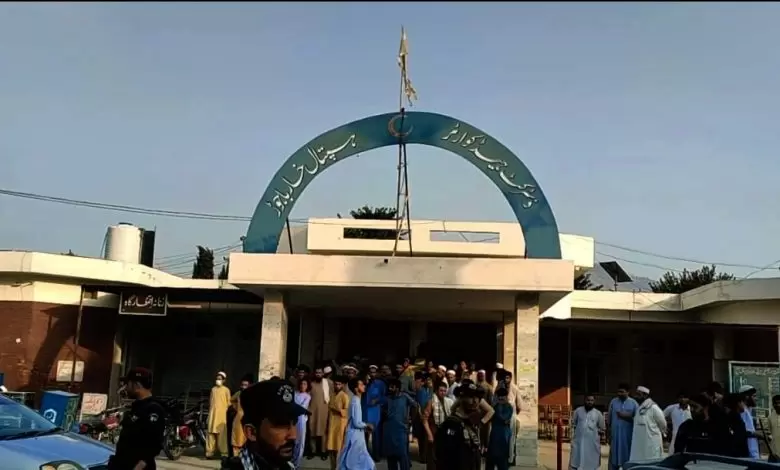
Sundas Behroz
Recently, a harrowing case of newborn kidnapping unfolded in the Misri Banda area of Nowshera. The child's mother recounts an ominous knock on their door when she was home alone. Opening it, she encountered two burqa-clad women who promptly sprayed her face, causing her to lose consciousness. Upon regaining awareness, the distraught mother discovered her child missing.
Several days later, the infant was found in the possession of a woman in the same area. Shockingly, the kidnappers were revealed to be a mother-daughter duo. The daughter, admitting to the crime, explained that she was childless, facing marital threats of divorce, and coerced by her mother to abduct the child, whose information was provided by the latter.
The mother, acknowledging her role, expressed sympathy for the child's mother, having visited her to gauge the situation. Despite hearing her pleas, the daughter remained steadfast, believing the child was her only hope to salvage her marriage.
Also Read: Married Woman Accuses KP Police SP of Coercion, Alleges Years of Abuse
This incident compels reflection on the societal stigma surrounding childlessness. It emphasizes that infertility is not exclusively a woman's issue; it can stem from medical complications, affecting both genders. The core concern shifts to the repercussions – namely, divorce.
The question arises: Why does society push individuals, particularly women, to such extremes? Men, often in patriarchal societies, resort to violence – verbal, threatening, or physical – when faced with societal pressure. In turn, women, subjected to relentless taunts, threats, and beatings, might find themselves resorting to desperate acts, such as child abduction, not necessarily to fulfill a maternal desire but to salvage their homes.
This societal pressure is compounded by societal attitudes, especially towards newlyweds, who are incessantly probed about having children. This interrogation, well-intentioned or not, elevates the pressure on couples, culminating in desperate acts like kidnapping. It not only inflicts personal harm but also disrupts the peace and tranquility of society at large.
This incident exposes a critical flaw in our societal fabric, calling for introspection. Should we not refrain from imposing expectations that foster a sense of inferiority in others?
Note: Sundus Behrooz, pursuing a Master's in English, engages in blogging on social issues.
1.jpeg)
09 Jul, 2025






1.jpeg)
09 Jul, 2025